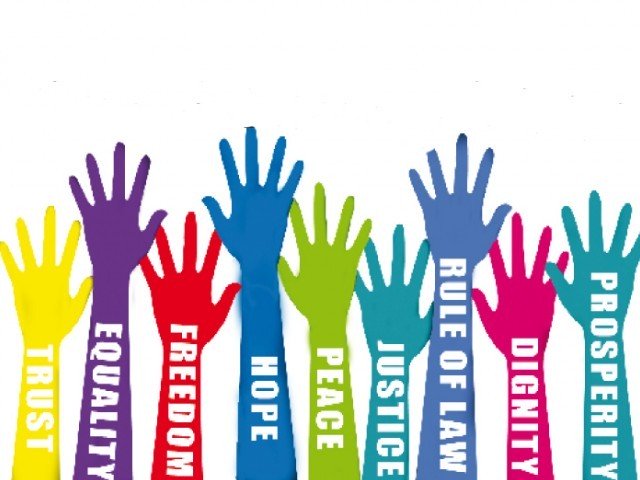TOP 10 LANDMARK JUDGEMENTS OF HUMAN RIGHTS LAW
- Harvinder Kaur v. Harmander Singh Choudhary, 1983
Subject: Personal Laws and Inequality
In this case, the court rejected the plea that personal law was discriminatory towards Gender inequality in India. It also observed that introduction of Constitutional law into the home (referring to personal laws) was most inappropriate.
- Mohd Ahmed Khan v. Shah Bano begum, 1985
Subject: Right to maintenance
Muslim personal law was challenged in this petition. The Supreme Court ruled in favour of Shah Bano and granted her alimony which the Muslim community felt as an encroachment on Muslim Sharia law. The decision of the case led to the formation of the All India Muslim Personal Law Board in 1973.
- MC Mehta v. Union of India, 1986
Subject: Right to Life
MC Mehta filed a Public Interest Litigation for escape of poisonous gases by a plant in Bhopal. The court in this case extended the scope of Article 21 and 32 of the Constitution of India. The case is also famous as Bhopal Gas Tragedy.
- Olga Tellis v. Bombay Municipal Corporation, 1985
Subject: Right to Life
This case came before the Supreme Court as a writ petition. 5 judge-bench gave decision allowing petitioners who live on pavements and in slums in the city of Bombay to stay on the pavements against their order of eviction. The court also held that right to livelihood is a right to life as per Article 21.
- Sarla Mudgal Union of India, 1995
Subject: Women’s Rights
The Court held that if a Hindu converts to Muslim and then have a second marriage, he cannot do so, irrespective of the fact that polygamy is allowed in Islamic Law.
- Vishaka State of Rajasthan, 1997
Subject: Working conditions for women employees
This case came before the Supreme Court as a Public Interest Litigation against State of Rajasthan and Union of India by Vishakha and other women groups. The petitioners demanded enforcement fundamental rights for working women under Articles 14, 19 and 21 of the Constitution. For this, Vishaka Guidelines were issued. The judgment also provided basic definitions of sexual harassment at the workplace along with provided guidelines to deal with the same.
- Naz foundation v. NCT, 2009
Subject: Rights of LGBTs
The court decriminalized sexual activities “against the order of nature” which included homosexual acts, as per Section 377 of the Indian Penal Code. But this judgement was overruled in 2013 by the Supreme Court of India.
- Selvi v. State of Karnataka, 2010
Subject: Rights of transgender
The apex court in the following case held brain mapping, lie detector tests and narco analysis as unconstitutional and violative Article 20 (3) of Fundamental Rights. It observed that these techniques cannot be conducted forcefully on any individual and requires consent for the same. When they are conducted with consent, the material so obtained is regarded as evidence during trial of cases according to Section 27 of the Evidence Act.
- NALSA v. Union of India, 2014
Subject: Rights of transgender
The Court recognized rights of the transgender as third genders. Also, ordered government to treat them as minorities. Reservations in jobs, education and other amenities shall also be provided to them.
- Shreya singhal v. Union of India, 2015
Subject: Right to freedom of speech and expression
The apex Court held section 66A of the Information Technology Act which allowed arrests for objectionable content posted on the internet as unconstitutional and hence, struck down by the impugned section.





